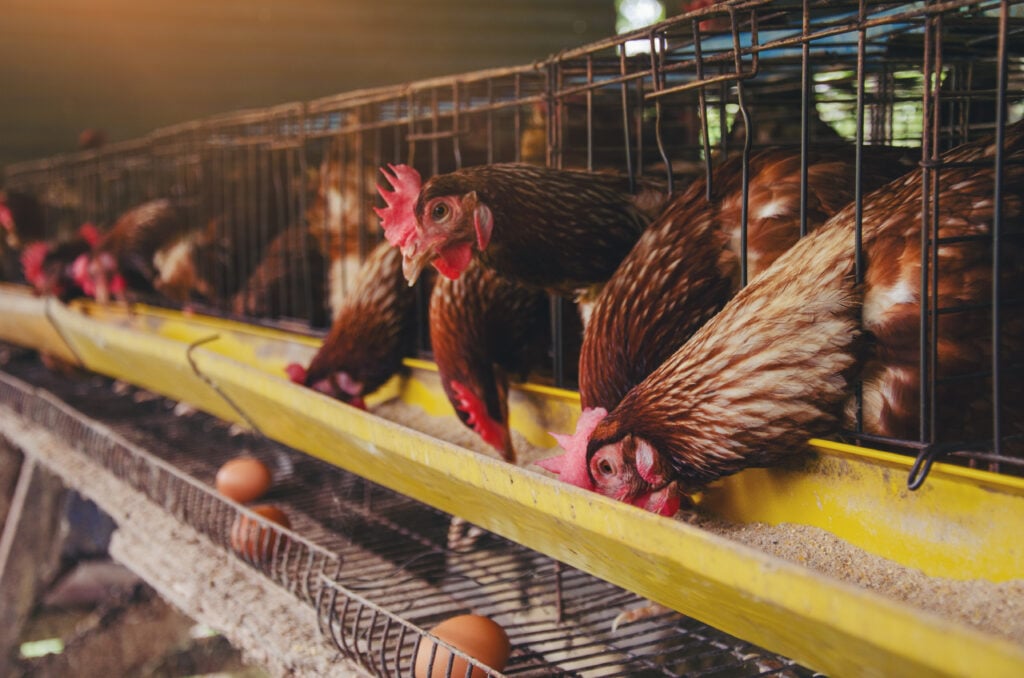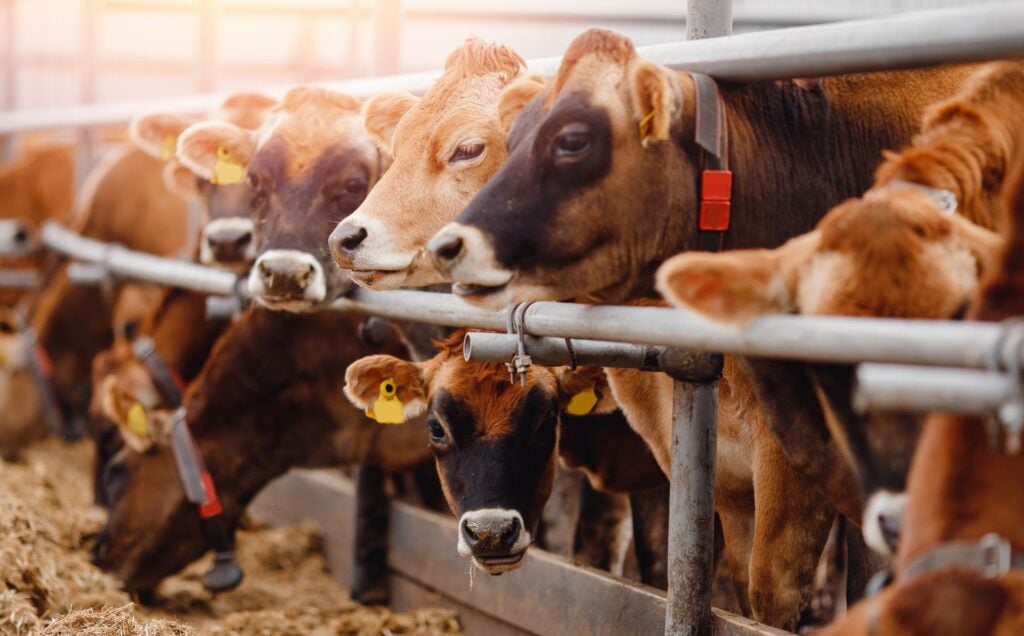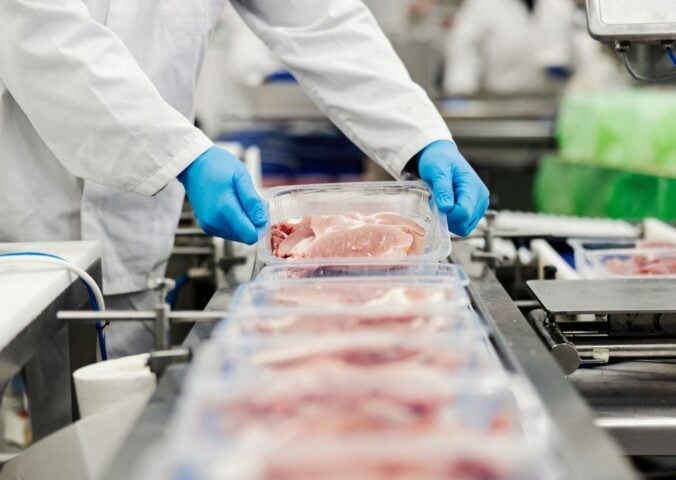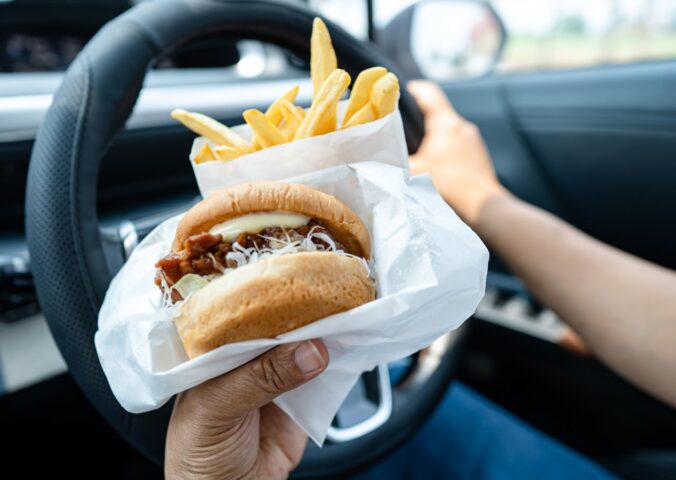A new campaign is calling for livestock farming to be replaced by a technology that creates protein in micro-organism tanks.
Precision fermentation (PF) is a form of brewing, which sees microflora like yeast or bacteria be genetically engineered to make proteins or fats (rather than beer or bread). This, campaigners say, means that we can create the same ingredients found in animal meat, without the animals.
The Reboot Food campaign comes from RePlanet, and is being supported by environmental campaigner George Monbiot.
You can watch Monbiot explain more about PF in the clip below:
“Animal agriculture is humanity’s single most destructive industry and now threatens the collapse of our global ecosystems,” Joel Scott-Halkes, campaigns director at RePlanet, tells Plant Based News (PBN).
“Sadly, shifts to plant-based diets simply aren’t happening fast enough to prevent this from happening, so we need something else to more rapidly shift people away from eating animals.”
Why should we move toward precision fermentation?
One of the key benefits of PF, activists say, is the fact that it uses significantly less land than animal farming.
We kill around 80 billion land animals for food each year, and rearing them requires vast amounts of space. Raising livestock uses around 26 percent of the world’s ice-free land. What’s more, 33 percent of croplands are used to grow feed for these animals. This requirement for land means animal agriculture is a key driver of deforestation. It’s been responsible for around 91 percent of Amazon destruction.
Campaigners say PF could allow us to create enough protein to feed the entire world using an area of land smaller than Greater London. Scott-Halkes says that this would mean we could rewild at least three-quarters of the world’s farmland.
“If we do rewild this land, we can reverse the sixth mass extinction of species and draw down enough carbon to not just stop, but reverse climate change,” he adds.
Is precision fermentation viable?
While this technology may sound like a futuristic and unrealistic dream, many parts of the world are already using it. Unlike cell-based meat, which is relatively new and struggling to get regulatory approval in most countries, PF is already here.
It’s used to produce 99 percent of the world’s insulin (in the 1970s, 50,000 pigs would have to be slaughtered to make just one kilogram of it). Rennet, citric acid, vanilla flavoring, and strawberry flavoring all come from PF. It also creates an ingredient called “heme,” used to make the Impossible Burger.
Scott-Halkes says that food innovators have now unlocked the codes to making “biologically identical proteins and fats to those found in milk, fish, and meat.”

Animal agriculture’s impact on the planet
Livestock farming has been shown time and time again to be one of the leading causes of the climate crisis. As well as land use, it’s directly responsible for at least 14.5 percent of global greenhouse gas emissions. This is largely due to the methane emitted by cows and other ruminant animals.
It’s also been identified as a “primary driver” of biodiversity loss. A UN report from last year said that a move away from meat was essential to address this.
Despite this, there has been a general reluctance from world leaders to accept that adopting more plant-based eating is necessary. PF has been put forward as an alternative to addressing the planetary costs of animal farming.
“If precision fermentation replaced all animal agriculture we could see most of the planet rewilded, our climate cooled, and abundant food provided to all,” says Scott-Halkes. “Where today there is food insecurity and famine, with precision fermentation there could be abundant, cheap and complete nutrition. Crucially however, we’ll only see these benefits if governments act now to embrace and develop this technology.”
Find out more about precision fermentation on Reboot Food’s website






